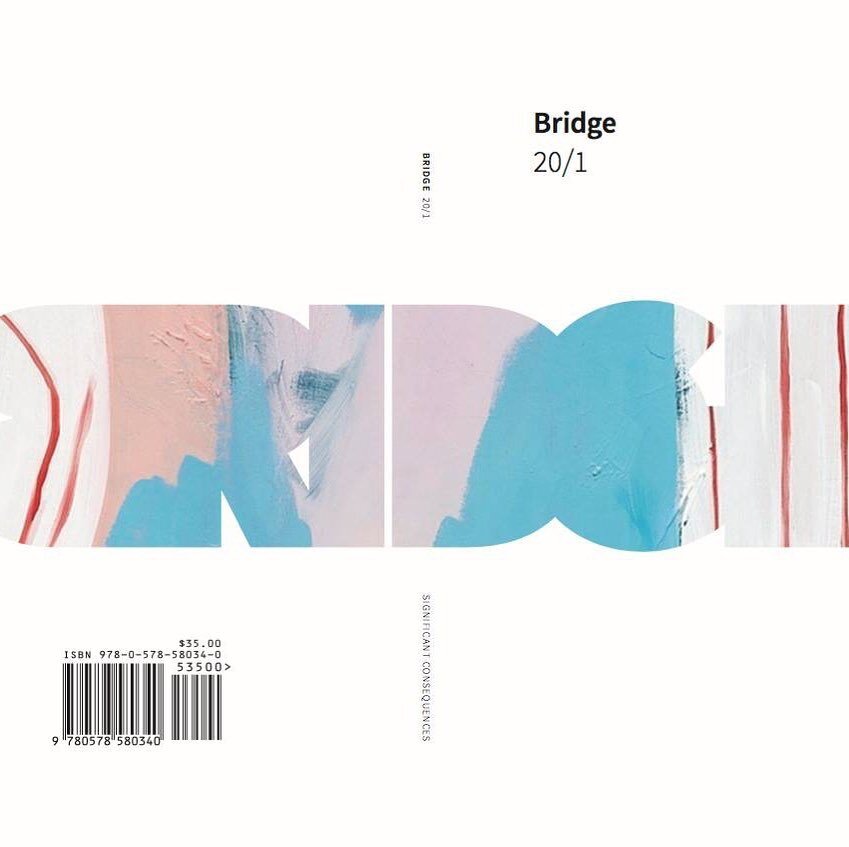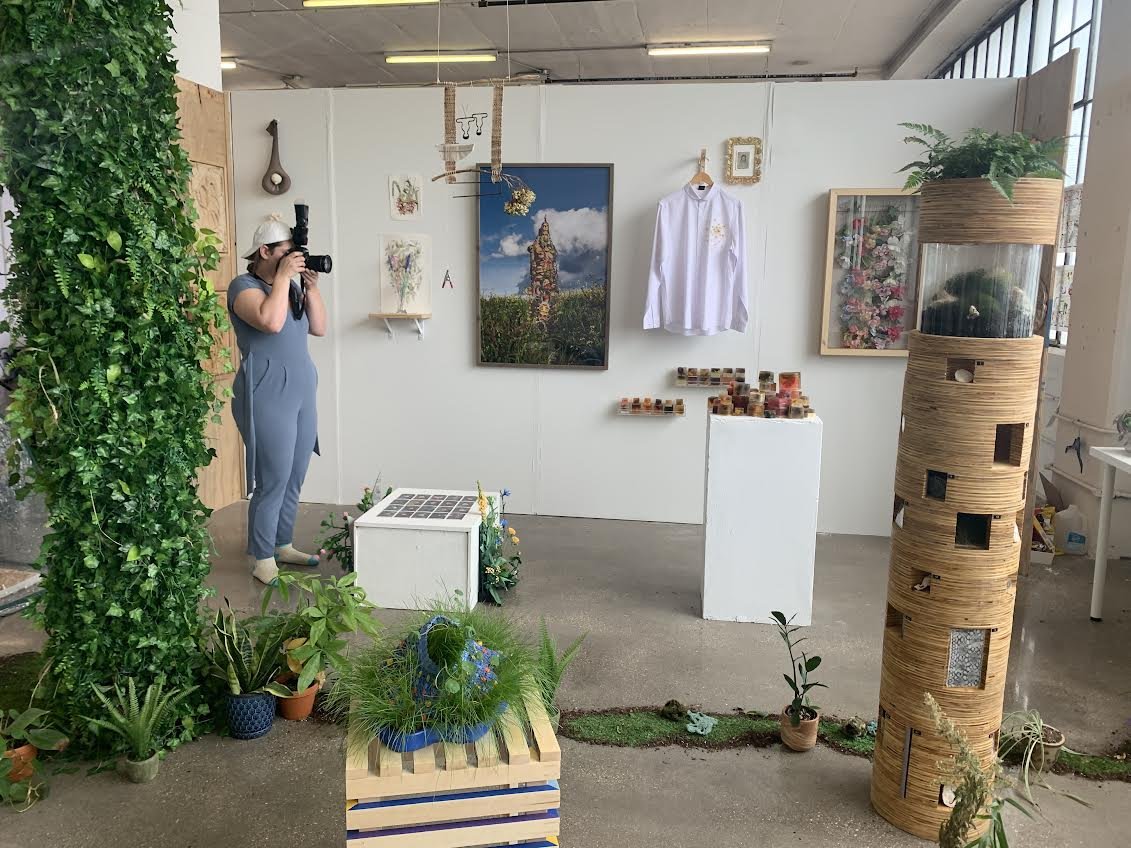REVIEW: MdW FAIR at Mana Contemporary
The booth for Unpacked Mobile Gallery at this year’s MDW Fair. Image courtesy Lauren Iacoponi & her staff at Unpacked Mobile Gallery. Photo by Amy Shelton.
REVIEW
The MdW fair
September 9-11, 2022
Mana Contemporary
2233 S Throop St,
Chicago, IL 60608
By Susannah Papish
After a 10 year hiatus, the MdW fair organized by the Public Media Institute (PMI) team of Ed Marszweski, Nick Wylie, Brandon Alvendia, Ahniya Butler, Nicholas Zepeda and Paula Volpato returned in a revamped and ambitious format for a new decade. DIY artist-run spaces, collaborations and collectives in Chicago and the Midwest are the energizing basis for creative work that transcends the region. The MdW fair succeeded in amplifying this democratic and utopian vision of what many consider the Midwest “regional” art world. Artist and educator Melissa (H. Potter) & I presented our book Invisible Labors on Saturday in the stage area, and it was presented through boundary, my art space on Chicago’s south side. The 2022 version of MdW was led by PMI and other organizations from midwestern states; Wormfarm Institute, WI, Charlotte Street Foundation, KS, BULK-SPACE, MI, Confluence, MN and Public Space One, IA.
The fair, however, was not simply an art fair in the traditional sense, but a summer-long series; Drifts, “trips across the region gently curated by seven artist-run spaces in seven states,” an online Atlas, “a daily online publication where editorial partners from each state commission contributions of stories, artwork, media, and other genres” culminating in the Assembly, a gathering of 63 artist-run spaces and organizations, along with artist talks, interactive events and screenings on the stage and screening room. Lumpen Radio/TV documented the events and Print Zone provided an opportunity to promote union / community organizing efforts. Alongside the fair, there were several events to serve the community of artists and attendees; a free dinner and brunch hosted by the PMI Community Kitchen, open studios at Mana Contemporary, topped off with an after-fair dance party at Co-Prosperity Sphere on Saturday night. The two and a half-day event was programmed to the max and the organizers did quite a job getting this tight schedule together. Perhaps another day or two would have allowed visitors to take advantage of programs and events that overlapped due to scheduling.
Overall, the fair presented a broad spectrum of contemporary art practices; especially those that supported communal values through both collective work and alternative artistic production. Organizations such as Wormfarm Institute, Say Their Names and The Red Line, among others, were attuned to environmental and social justice concerns. Many spaces exhibited a full range of work by individual artists as well, and all were invited to participate in the Agora — an informal meeting place for conversation and connection.
Given that this was the first weekend in September, with much competition from the established gallery system, the fair was well-attended, and the organizations seemed pleased with the reception of their work and efforts. BIPOC organizations were fairly represented at the MdW fair. While almost 20% were demographically White organizations, the distribution of Black, Asian and South Asian, Latinx, Hispanic, Indigenous, Middle Eastern and Pacific Islander communities, respectively, were seen as exhibitors, presenters, performers and the like in the weekend-long event. The feeling of artist/public organizing and commitment to supporting community was definitely in the air, as expected from an event organized by artists and for artists. For future events, outreach to lesser represented groups would be a vital addition to the programming. Nick Wylie, Managing Director of PMI, plans to regroup with organizers to decide upon next steps for the fair, whether in the 2022 format or a new version for next year.
CORRECTION NOTICE: in the original publication of this review, the writer stated that exhibitors in the fair were “mostly about organizing efforts and the outcomes of compromised, primarily Black, communities,” and that BIPOC representation at the event was “low in number,” and specifically cited outreach to “Native/Indigenous/Indian” communities as preferred for future editions. Upon receiving additional information from event organizers at PMI including applicant data, at her request we have updated the language to acknowledge these misstatements as based on previously incomplete information. Additionally, we have updated the article to include the names of individual organizers at PMI and changed the name of the after-party destination, previously incorrectly listed as “Co-Prosperity Sphere” (a name under which the venue has operated previously) to its current name, “Co-Prosperity.” [-Eds.]
Like what you’re reading? Consider donating a few dollars to our writer’s fund and help us keep publishing every Monday.


